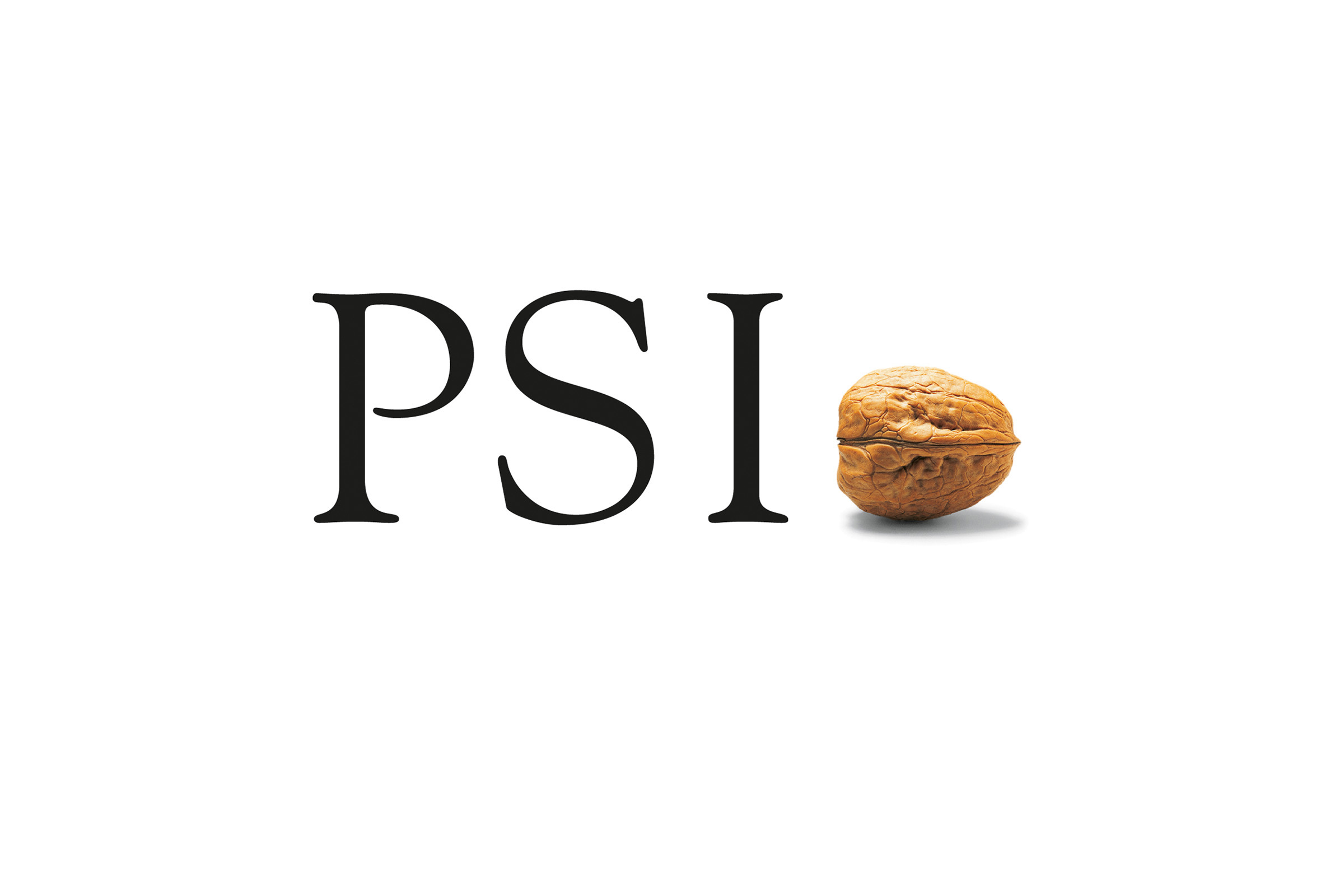Berlin, 28 July 2020 – The PSI Group, with 141 million euros, only just missed the record volume of new orders of the previous year (30 June 2019: 142 million euros), despite the impacts of the Corona virus crisis. The order book volume on 30 June 2020 was, at 176 million euros, 3% above the previous year (30 June 2019: 171 million euros). Group sales of 104.9 million euros were also almost on a par with the previous year's figure (30 June 2019: 106.6 million euros), although this year’s sales are more strongly influenced by the energy segment. The EBIT was, at 5.4 million euros, 16.4% below the previous year (30 June 2019: 6.5 million euros) and thus in line with the forecast. Group net income fell by 15.1% to 3.7 million euros (30 June 2019: 4.4 million euros).
- Sales of 104.9 million euros just slightly below previous year
- EBIT with minus 16.4% to 5.4 million euros within the forecast
- Operating cash flow increased by 20.7 million to 19.4 million euros
| Performance indicators (KEUR) | 1 Jan. – 30 June 2020 | 1 Jan. – 30 June 2019 | Change |
|---|---|---|---|
| Sales | 104,853 | 106,632 | -1.7 % |
| EBIT | 5,413 | 6,478 | -16.4 % |
| Group net result | 3,723 | 4,384 | -15.1 % |
| Earnings per share (EUR) | 0.24 | 0.28 | -14.3 % |
Energy Management (energy grids, energy trading, public transportation) achieved 4.4% higher sales of 55.5 million euros (30 June 2019: 53.2 million euros) and about a 4% lower EBIT of 2.4 million euros (30 June 2019: 2.5 million euros) in the first six months. The BTC Smart Grid segment acquired last year continued to contribute to the positive sales and result. As anticipated, orders received from regions dependent on the oil price such as Russia, the Middle East and Malaysia were weaker, but better in European industrial countries and North America.
Sales in Production Management (metals production, industry, logistics) was in the first six months, with 49.3 million euros, 7.7% below the previous year (30 June 2019: 53.4 million euros). The EBIT for the segment dropped by more than 17% to 3.7 million euros (30 June 2019: 4.5 million euros). Like its customers, the automotive business, already burdened by the conversion to electro mobility, even had to announce short-time work. In June, however, the regular business with core customers recovered, primarily in the special-purpose vehicle and electric vehicle sectors. The metals production business continued to suffer from the steel crisis in Europe, which was exacerbated by Corona, but obtained a major contract from a US steel producer. The rollout will partially be performed by the customer and its IT integration partner, which underscores the success of PSI‘s partnering software platform with graphic process management and PSI Click Design. In the logistics business, industrial logistics was weaker, but e-commerce logistics was very strong, especially in Poland and Russia. The Corona crisis has made customers aware again of the importance of robust supply chain design and flexible production and supply chain management. The matching PSI products such as PSIglobal are in high demand. PSI is developing a block-chain-based supply chain documentation function for the upcoming supply chain law.
The Group’s headcount was reduced by 10 during the second quarter, but increased year-on-year to 1,995 (30 June 2019: 1,947). After a hiring freeze lasting several months, PSI is rehiring in the USA, Benelux, and Poland in particular but also in Germany. The cash flow from operations increased by 20.7 million to 19.4 million euros (30 June 2019: –1.4 million euros). The cash and cash equivalents of 50.4 million euros (30 June 2019: 31.4 million euros) will be used to finance sales in the course of the season. Following the acquisition of Prognos Energy GmbH in the second quarter, PSI is examining other acquisitions up to the double-digit millions in the energy sector.
Good progress is being made with the multi cloud initiative for automatic provision of all products based on the PSI platform across all marketable clouds (public, private, hybrid, on premise). This “continuous integration” and “continuous delivery” will reduce the delivery costs for conventional B2B projects. Furthermore, the first test customers and VAR integration partners as well as some platform-based products (Production Planning ASM, Warehouse Management WMS and Metals Virtual Factory) will be offered for use in a PSI multi-cloud as Software-as-a-Service.
Generic products for planning (ASM), steering (JSCADA), and time series (TSM) have already been integrated in the initial product lines. The functionality and performance will be quickly further developed. An initial major energy grid is being equipped with the new control system JSCADA. The generic planning is already being applied in production control, in the scheduling for field force personnel and in the pipeline/tank management. Metals production planning is currently being renewed on the basis of ASM. The generic products are replacing previous multi-developments and significantly improving partner capability, product attractiveness, piece number effects, and therefore profitability. Customers and partners have reacted enthusiastically to the adaptability of the PSI software with graphic business process modeling (BPM), PSI Click Design for the user interfaces of applications (web as well) as well as the plug & play software bus.
Numerous industrial customers seem to prepare for an economic catch-up in 2021 and are using the Corona-induced production pause for digitizing their processes. Furthermore, there are indications that the digressive depreciation in Germany for 2020 and 2021 might contribute to a good final quarter.
PSI continues to profit from the trends in electro-bus promotion, flexibilization and documentation of supply chains, e-commerce logistics, use of energy distribution grids for wide-ranging transportation of renewable energy (DSO redispatch) and the expansion of the hydrogen infrastructure. Due to the continued high level of orders, PSI management still anticipates a slight up to 5% decrease in sales and an up to 20% lower operating result for 2020 necessitated by Corona. As the second quarter could already have been the low point of the crisis for PSI and the signs toward recovery are continuing to be confirmed, PSI will make a decision on adjusting its annual goals in fall.
Based on its own software products, PSI Group develops and integrates complete solutions for optimizing the flow of energy and material for utilities (energy networks, energy trading, public transport) and industry (metals production, automotive, mechanical engineering, logistics). PSI was founded in 1969 and employs 2,000 persons worldwide.


